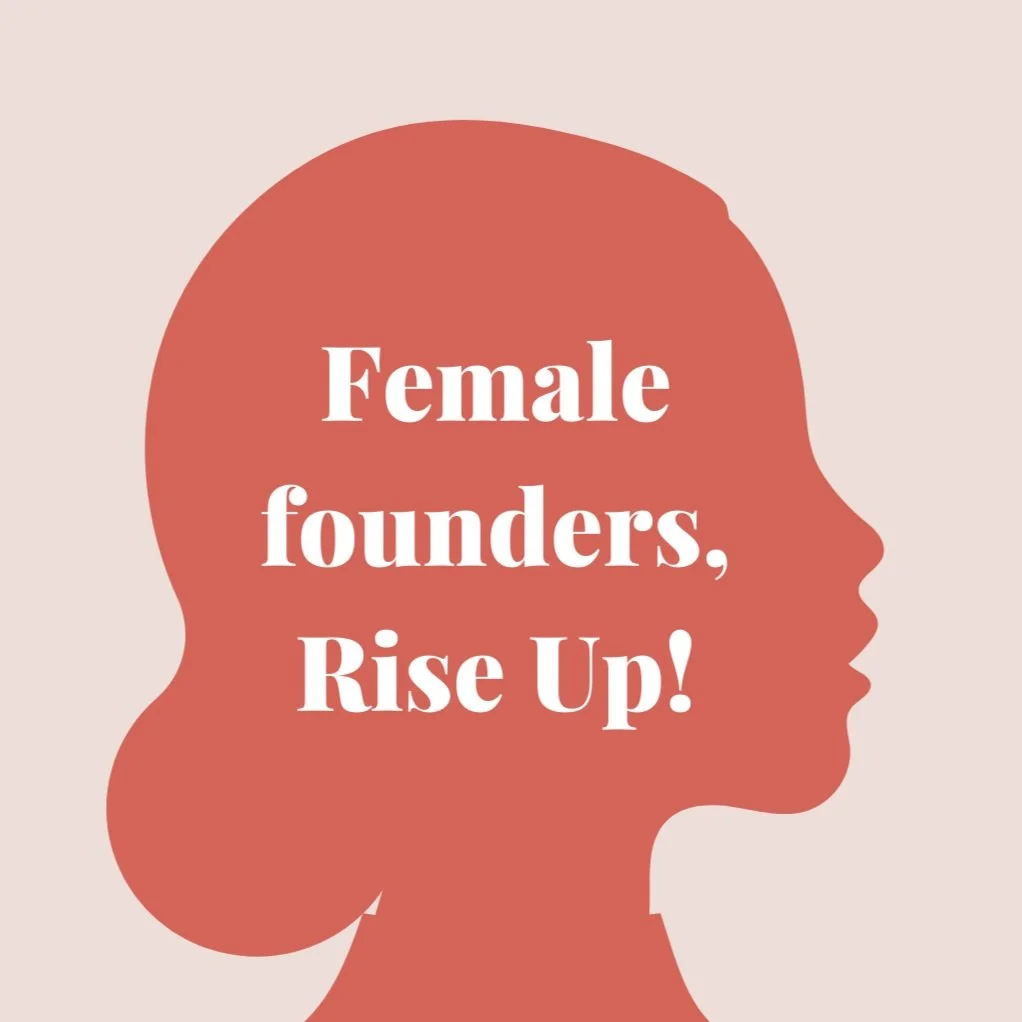Beyond the rise of women entrepreneurs: Challenges and strategies for success
Female entrepreneurs are increasingly becoming a significant force in the global economy. No wonder and it’s about time! We shall only see true gender equality once more women take on leadership positions not only in corporate management roles but as founders too. And since we have not yet achieved neither full flexibility, especially around caretaking (despite the positive changes on hybrid and remote work post the 2020 pandemic), nor gender income parity in the workplace, many women may still feel that running their own business, however big or small, may be their only way to achieve an optimal time management system and financial freedom.
According to the Global Entrepreneurship Monitor (GEM), there are approximately 274 million women involved in business startups worldwide and that figure keeps growing. Despite this impressive number, female entrepreneurs face endless obstacles that hinder their growth and success. Let us explore some of these challenges and the potential solutions to overcome them, in the hope we could someday soon ensure a more equitable and supportive entrepreneurial environment for women.
Access to Funding
One of the most significant hurdles female entrepreneurs face is access to funding. Research by Boston Consulting Group (BCG) and MassChallenge found that startups founded or co-founded by women received significantly less investment than those founded by men—an average of $935,000 compared to $2.1 million. This disparity exists despite the fact that women-led startups generate more revenue—78 cents per dollar invested compared to 31 cents for men. It appears that venture capitalists, predominantly male, often hold unconscious bias that influences their investment decisions. Women are frequently perceived as less capable of leading high-growth businesses. They also tend to be more conservative in their projections, which can be misinterpreted as a lack of confidence or ambition, when it is not, in fact, the case.
One solution could be implementing unconscious bias training programs for venture capitalists, angel investors and those in leadership positions in order to reduce discriminatory practices in funding decisions. Establishing investment funds specifically for women-led startups can also help address the funding gap. Good examples include the Female Founders Fund and the Bumble Fund. Moreover, encouraging female entrepreneurs to leverage crowdfunding platforms in regions where they can do so, can provide alternative funding sources and validate their business ideas.
Access to the right Networks
Women typically have less access to networks that can introduce them to potential investors. Access to the right networks is crucial for female entrepreneurs, as it provides them with essential opportunities for mentorship, collaboration, and business growth. However, the gender gap in networks means that women are less likely to have mentors or sponsors who can provide guidance, open doors, and advocate on their behalf. Whole business networks are often dominated by men, making it harder for women to break in and form valuable connections and there are also fewer female role models in entrepreneurship or leadership, which translates into a lack of mentors for aspiring women entrepreneurs. Breaking into the right networks can open doors to potential investors, partners, and clients, significantly enhancing the visibility and credibility of women-led ventures. These connections also offer valuable insights, support, and resources that can help women navigate the stereotypes they face in the entrepreneurial landscape. Female entrepreneurs who leverage strong networks can gain more confidence and accelerate their journey towards success. Groups and events specifically tailored to women in business can help with building valuable connections and support systems. Creating structured mentorship programs that pair aspiring female entrepreneurs with experienced business leaders can provide guidance, support, and inspiration. Any platform that facilitates networking for women and potential mentors contributes to raising awareness and bridging the gap.
Work-life balance
Balancing the demands of entrepreneurship with personal life responsibilities is particularly challenging. Many female entrepreneurs also bear the primary responsibility for household and childcare duties. As a result, female entrepreneurs often face skepticism about their capabilities and are subjected to higher standards than their male counterparts. This dual burden can lead to burnout, decreased productivity and low confidence. Traditional gender roles often dictate that women should manage both their business and family responsibilities, leading to an unequal division of labor at home. Many female entrepreneurs also lack access to affordable childcare and other support services that could alleviate their domestic workload. Promoting flexible work policies not only within startups but within all corporations would help normalise working parenthood across bots genders and help female entrepreneurs balance their professional and personal responsibilities. Implementing equitable parental leave policies would also ensure that both parents share the responsibility of childcare, allowing women more time to focus on their entrepreneurial ventures. Governments and private sectors should collaborate to offer childcare subsidies or on-site childcare facilities to make childcare more accessible and alleviate the burden on working parents. Most importantly, launching campaigns that train businesses on diversity and inclusion and highlight the achievements of female entrepreneurs help promote gender equality in business, change societal attitudes and reduce bias. Additionally, advocating for policies that promote gender equality in entrepreneurship, such as equal pay legislation and anti- discrimination laws, can create a more level playing field for female entrepreneurs.
How about up-skilling?
Women often have less access to education and skills training, particularly in fields like technology and finance, which are crucial for many high-growth businesses. The existing educational inequality in many parts of the world, means that women are underrepresented in many fields, including STEM fields (Science, Technology, Engineering, Mathematics), which limits their participation in tech-driven entrepreneurial ventures.
Up-skilling women is vital to preparing them for leadership positions and entrepreneurship. Since the business landscape is rapidly evolving into a world driven by AI, there is no better time than now to equip women with advanced skills in areas such as technology, finance, and strategic management. Targeted training and education programs can help bridge the skills gap, empower women to take on high-level roles, and drive innovation. Enhanced skills not only boost confidence and competence but also ensure that women are well prepared to tackle complex challenges, lead effectively, and create successful, sustainable businesses. Investing in women’s education and professional development is a crucial step toward achieving gender equality and fostering economic growth.
Forward and upwards
Female entrepreneurs still face too many challenges in their journey. Several issues need addressing, such as access to funding, work-life balance, networking, gender bias, opportunities to up-skill and many more. It is up to us all – individuals, businesses and governments – to create a more supportive and equitable environment for women to have equal chances of success in business. More targeted solutions and initiatives are needed to empower women to become successful entrepreneurs and leaders, ultimately driving innovation, economic growth, and social progress. At Rise Up, we believe that with the right support and determination, female entrepreneurs can overcome these challenges and achieve remarkable success. As we move forward, it is crucial for governments, organisations, and individuals to partner together in order to dismantle the barriers women face, both those in corporate and those pursuing entrepreneurship. It is time to create a future where gender equality in business is the norm.
Written by Musata Matei,
Founder and CEO of Rise Up.

